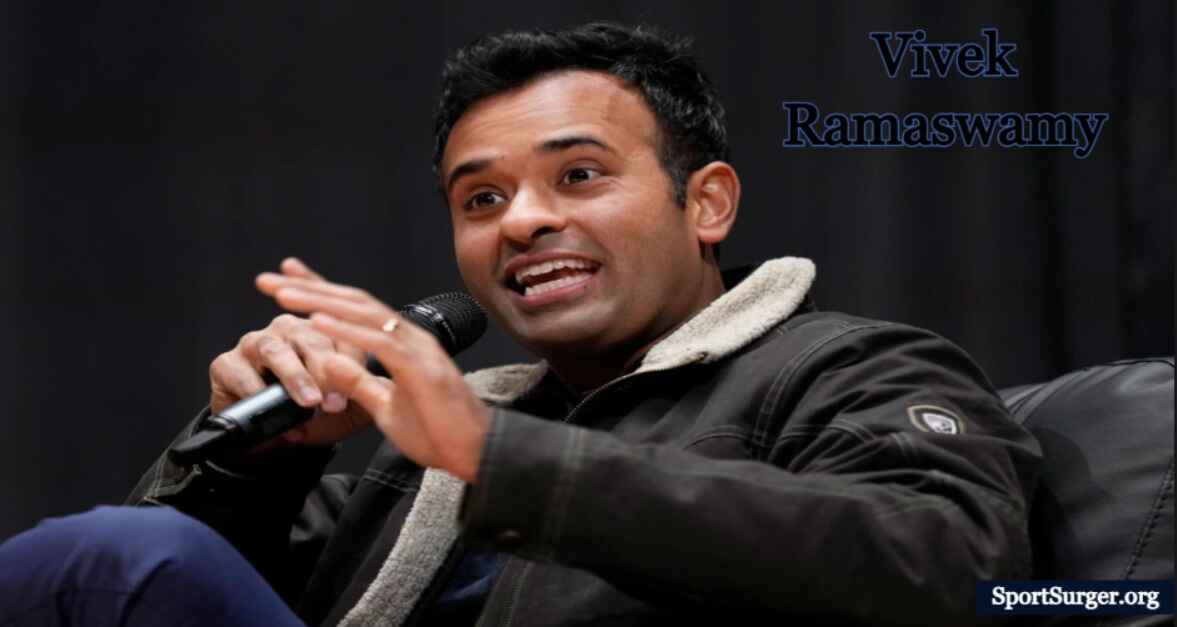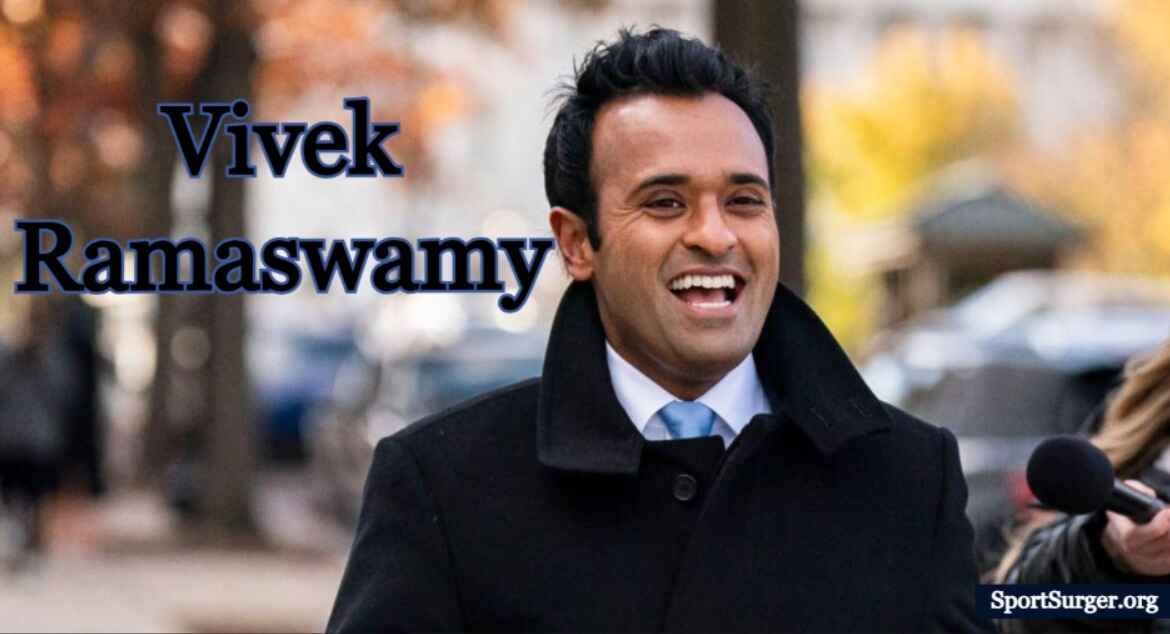Introduction
In recent years, Vivek Ramaswamy has become one of the most talked-about figures in American business, politics, and media. Known for his outspoken views on corporate culture, free speech, and the intersection of business and politics, Ramaswamy’s rise reflects broader debates about capitalism, democracy, and national identity.
From founding billion-dollar biotech companies to writing bestselling books and running for the U.S. presidency, Vivek Ramaswamy has positioned himself as a thought leader and disruptor. This article provides an in-depth exploration of his biography, achievements, ideology, and influence, offering readers a complete understanding of who he is and why his voice carries weight in today’s world.
Early Life and Education of Vivek Ramaswamy
Childhood and Family Background
- Born in 1985 in Cincinnati, Ohio
- Parents were Indian immigrants pursuing the American Dream
- Raised in a middle-class family with a strong focus on education, ethics, and hard work
Academic Excellence
- Attended Harvard University, graduating summa cum laude in biology
- Earned a J.D. from Yale Law School, where he built connections with thought leaders and sharpened his understanding of law and governance
Business Career of Vivek Ramaswamy
Founding of Roivant Sciences
Ramaswamy is best known for founding Roivant Sciences, a biopharmaceutical company that focuses on developing overlooked drug candidates. His business strategy centered around:
- Acquiring undervalued drug assets from larger pharmaceutical firms
- Accelerating drug development through subsidiary companies known as “Vants”
- Attracting major investment from global financial institutions
Within years, Roivant became one of the fastest-growing biotech firms, establishing Ramaswamy as a billionaire entrepreneur.
Key Business Lessons
- Identifying market inefficiencies can lead to exponential growth.
- Risk-taking combined with strategic partnerships creates breakthrough opportunities.
- Innovation requires challenging traditional business models.
Vivek Ramaswamy as an Author and Public Thinker
Writings and Key Ideas
Ramaswamy has written multiple books tackling issues such as corporate responsibility, politics, and cultural identity. His works often critique the rise of “woke capitalism”, where corporations engage in political or social debates instead of focusing solely on business performance.
Key themes in his writings include:
- The dangers of mixing business with partisan politics
- The importance of free expression in society
- Preserving traditional American values in a rapidly changing cultural environment
Influence of His Ideas
His books have sparked debates in boardrooms, universities, and political circles, cementing his role as a thought leader in modern capitalism.
Political Career of Vivek Ramaswamy

Entry into Politics
In 2023, Ramaswamy announced his candidacy for the Republican presidential nomination. His campaign emphasized:
- Restoring national pride and unity
- Reducing corporate influence in politics
- Championing free speech and opposing government overreach
Core Political Beliefs
- Economy: Pro-growth policies, deregulation, and entrepreneurship support
- Culture: Opposition to identity politics and promotion of meritocracy
- Foreign Policy: Strong stance on national sovereignty, with skepticism about global alliances that undermine U.S. independence
Public Reception
While his campaign was unconventional, it gained traction among younger conservatives and those seeking fresh perspectives beyond traditional political figures.
The Leadership Style of Vivek Ramaswamy
Ramaswamy’s leadership combines elements of entrepreneurship, intellectual rigor, and bold communication. His style is marked by:
- Visionary Thinking: Anticipating cultural and political trends
- Direct Communication: Using simple language to discuss complex issues
- Adaptability: Moving seamlessly from science to law, business, writing, and politics
Criticisms and Controversies Surrounding Vivek Ramaswamy
No influential figure escapes scrutiny. Ramaswamy has faced criticism on multiple fronts:
- Business Risks: Some analysts questioned the sustainability of Roivant’s model
- Political Stances: His outspoken criticism of “woke culture” has polarized public opinion
- Media Representation: Coverage has often painted him as either a visionary or a disruptor, with little middle ground
By addressing these criticisms head-on, Ramaswamy has continued to strengthen his profile as a fearless public figure.
The Personal Side of Vivek Ramaswamy
- Married with two children
- Known for his discipline, work ethic, and intellectual curiosity
- Balances professional commitments with a strong family life
- Passionate about classical music, he often highlights his skills as a pianist
Lessons from Vivek Ramaswamy’s Journey
Entrepreneurs, professionals, and students alike can learn from his story:
- Leverage Education: A strong academic foundation can open doors across industries.
- Challenge Orthodoxy: Don’t be afraid to question prevailing narratives.
- Diversify Skills: Success comes from adaptability and continuous learning.
- Balance Business and Ethics: Profit must coexist with responsibility.
What Lies Ahead for Vivek Ramaswamy?
- Politics: While his 2024 presidential run elevated his profile, he remains a prominent voice in American conservatism.
- Business: Continued involvement in innovative ventures, potentially beyond biotech.
- Thought Leadership: Likely to produce more writings and speeches shaping debates on capitalism, culture, and governance.
Ramaswamy’s trajectory suggests he will remain influential whether or not he holds elected office.
Conclusion
Vivek Ramaswamy embodies the convergence of business, politics, and cultural debate in 21st-century America. His journey from a biotech entrepreneur to a national political figure demonstrates resilience, ambition, and the courage to challenge norms.
For some, he is a symbol of fresh leadership; for others, a controversial disruptor. Regardless of one’s perspective, his ideas continue to shape conversations about capitalism, democracy, and the future of the United States.

